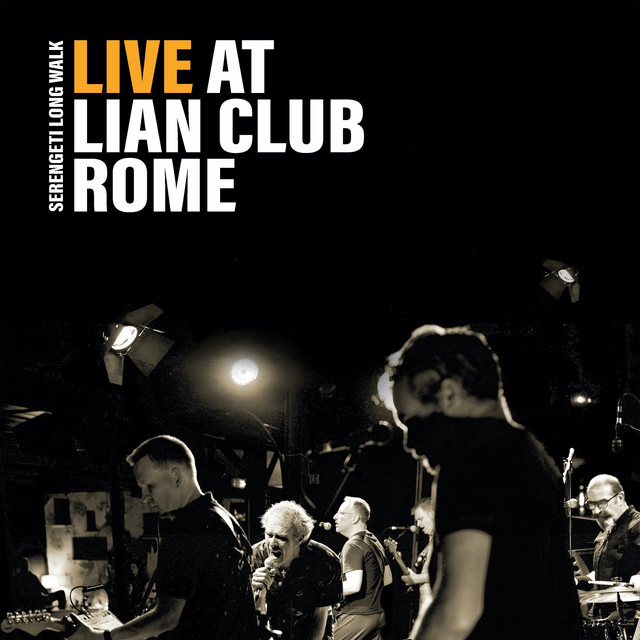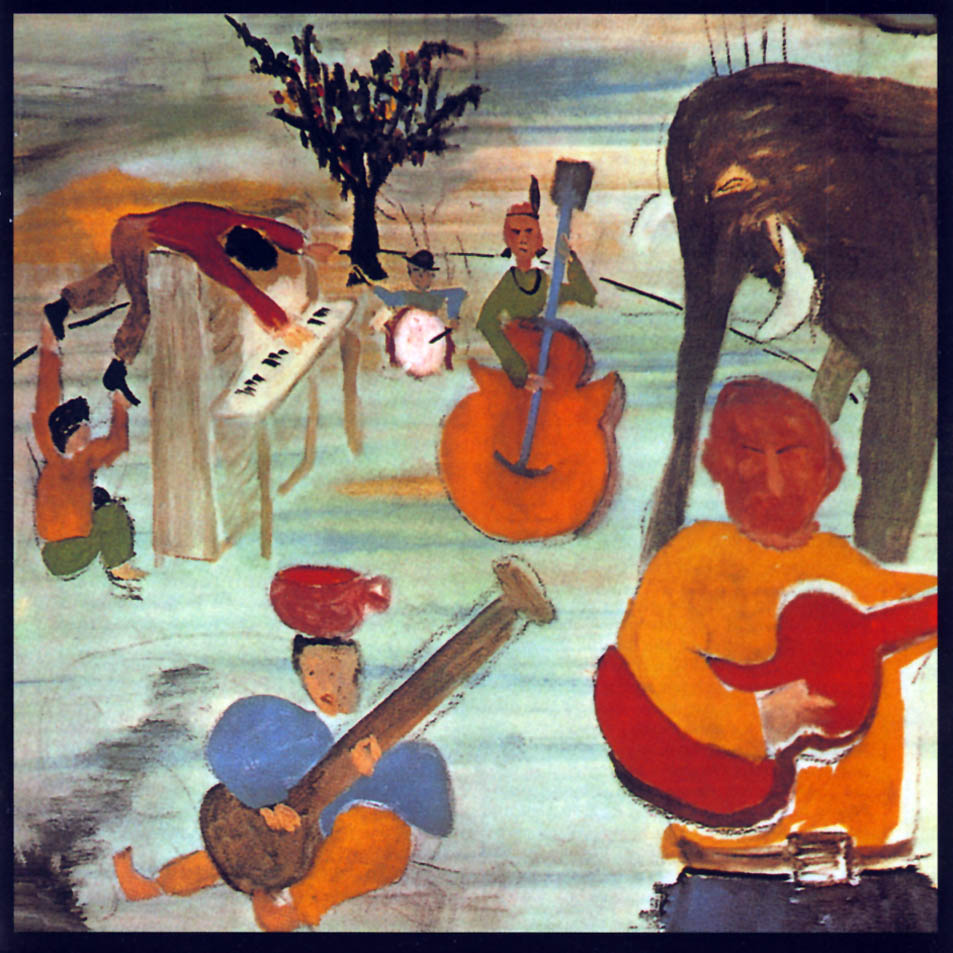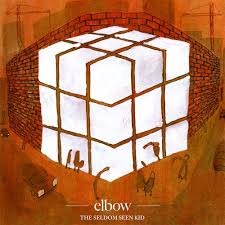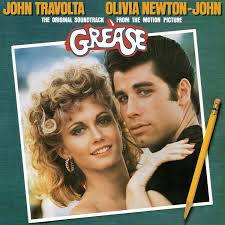Product Description
Serengeti Long Walk – Live At Lian Club Rome (CD)
ON AN EVENING IN ROMA AND HOW AN OLD BAND CAME GOOD
By Mick Duggan.
Originally published on The Blackpool Sentinel.
Every band, large or small, famous or otherwise, has its own geography, a little network of places in which they came to be, that is theirs and theirs alone, for the rest of time.
This occurred to me recently when I was reading Nileism, Allan Brown’s riveting history of The Blue Nile, which immerses the reader in the west end of Glasgow and the cluster of streets, bars, cafes and bedsits that nursed a great but troubled band.
My band, Serengeti Long Walk, had its own geography too. Unlike The Blue Nile, we weren’t great and we weren’t troubled. We didn’t make a single record and barely ventured out of mid-1980s Cork. But we had a ball. And when I think about those times, I think primarily of George’s Quay and its environs on the south side of the city.
We rehearsed in dusty rooms four storeys up at the top of Carpenters’ Hall, just along from the Holy Trinity. We gigged most often in Mojo’s, a bar on Buckingham Place where the regulars, who mainly had a whiff of beard, bike grease and leather about them, seemed ready to put up with us and with the loyal crew of friends and family who cheered us on. And we would spend our meagre earnings further along the road in Uncle Sam’s, which I still consider to be the best chip shop I’ve ever known.
We bore little resemblance to the blueprint of what a successful band should be. We didn’t have one or two forceful leaders, creative visionaries that the others hitched themselves to on the hopeful path to fame. We didn’t really have a coherent set of musical tastes or any fresh angle on the world. But we liked each other’s company and we squeezed out a few catchy tunes, which we then proceeded to mangle, though in quite an agreeable way.
This proved more than enough to fuel us for a few laps of the Cork gigging circuit, which yielded their own store of anecdotes for the ages, from my brother, Ger, the singer, electrocuting himself on stage at De Lacy House, to a low-slung stranger with a greasy ‘tache threatening to kill us all as we were walking over Thomas Davis Bridge on our way back to play a gig in the College Bar.
The whole thing wound its way to a happy conclusion with a buoyant farewell concert at Triskel Arts Centre in 1988. Colm O’Callaghan, who has been kind enough now to host this piece on The Blackpool Sentinel, was kind enough then to man the lighting rig, one of many, many favours he did for us. (Indeed, it was our connection to Colm that earned us a fleeting reference in Mark McAvoy’s tome Cork Rock.)
And then we split. To the suburbs and the county. To foreign shores. To Dublin, even.
The decades wound by, until – as Patrick Kavanagh found with Homer – Mojo’s ghost came whispering to the mind. Or at least to the mind of Jon Heffernan, our erstwhile saxophone player and now an accomplished guitarist. What if the lads got back together? What if we dusted off the old songs and sprinkled them with all the added years of musicianship, listening, cop on? What if, what if?
Well, bands make their own importance. We decided to give it a shot. In the end, five of the original six answered nostalgia’s call. Given the vicissitudes of life, the slings and arrows of outrageous fortune and where they can land, this felt like a good return. Our lead guitarist Joe Dermody got in touch with Ray Clifford who joined us both to play the drums and also to play along genially with our half-cocked rescue mission.
As well as remaking the band, we made ourselves a new geography. Once a year, we took ourselves off to a house near Caherdaniel in County Kerry to play, write, record, and laugh our heads off. Those road trips are now etched into our collective consciousness. Loading up the gear on late autumn mornings. Turning off the Killarney road at Clonkeen and plunging into the misty hillsides of the Iveragh Peninsula. Pitstopping in Kenmare. The first proper sightings of the ocean.
A regular shot in the arm, then, for a bunch of middle-aged buddies scattered across Ireland and England. But so what? Why take up space on the Sentinel with trips down a lane of memories that are only our own? Perhaps to show that some bands never end. They may go into long hibernation, but when they stir again, strange things can happen.
Last October in Rome, in a nightclub on a barge on the Tiber, we played our first ever gig outside of Ireland, an adventure orchestrated by Des O’Mahony, bass player, entrepreneur, a man who could pull a few strings and hustle up a crowd in the Eternal City. This came on the back of two studio albums, Glimmerless (2012) and Wave Signs (2018) in which we dusted off and polished up some of the old hits-that-never-were, paraded a slew of new songs we are all fiercely proud of, and celebrated a general uptick in our musicianship.
Serengeti Long Walk Mark II is not a completely different beast from the first incarnation. There are still no big cheeses. But we do have more of a sound: less poppy, more guitar-fired. Our tastes have coalesced a bit more too, or perhaps the years have opened our minds more, so that it’s easier to find common ground. A fresh burst of gigging in and around Cork, and the enthusiastic reactions we’ve received, have helped us to realize that we can rip up a venue like never before, that we can take audiences right into the heart of what we are doing and that they like it there. And now a third album, a live recording of the Rome gig made by Duncan O’Cleirigh of Blackwater Studios who has become a whole new source of energy, encouragement and know-how.
Thinking back now to that original farewell gig in the Triskel, our encore was a song called ‘Gravity’ with a chorus that goes ‘Something’s keeping us, something’s keeping us together”. So it has proven, more or less. What is that something? Who knows. But I keep hearing Don Williams’s deep, velvety baritone: “Well, a measure of people don’t understand / The pleasures of life in a hillbilly band”.
Serengeti Long Walk is not a hillbilly band (although, if a few of us had our way, things might be different). But Don’s point was well made. Being in a band like this is an enormous pleasure. More than that, it is a joy, a real joy.






